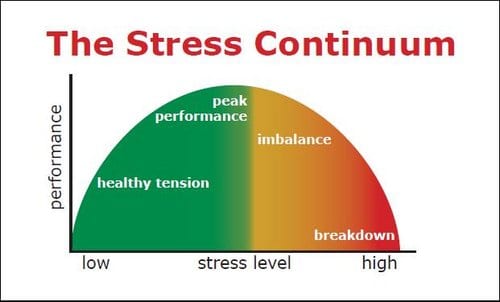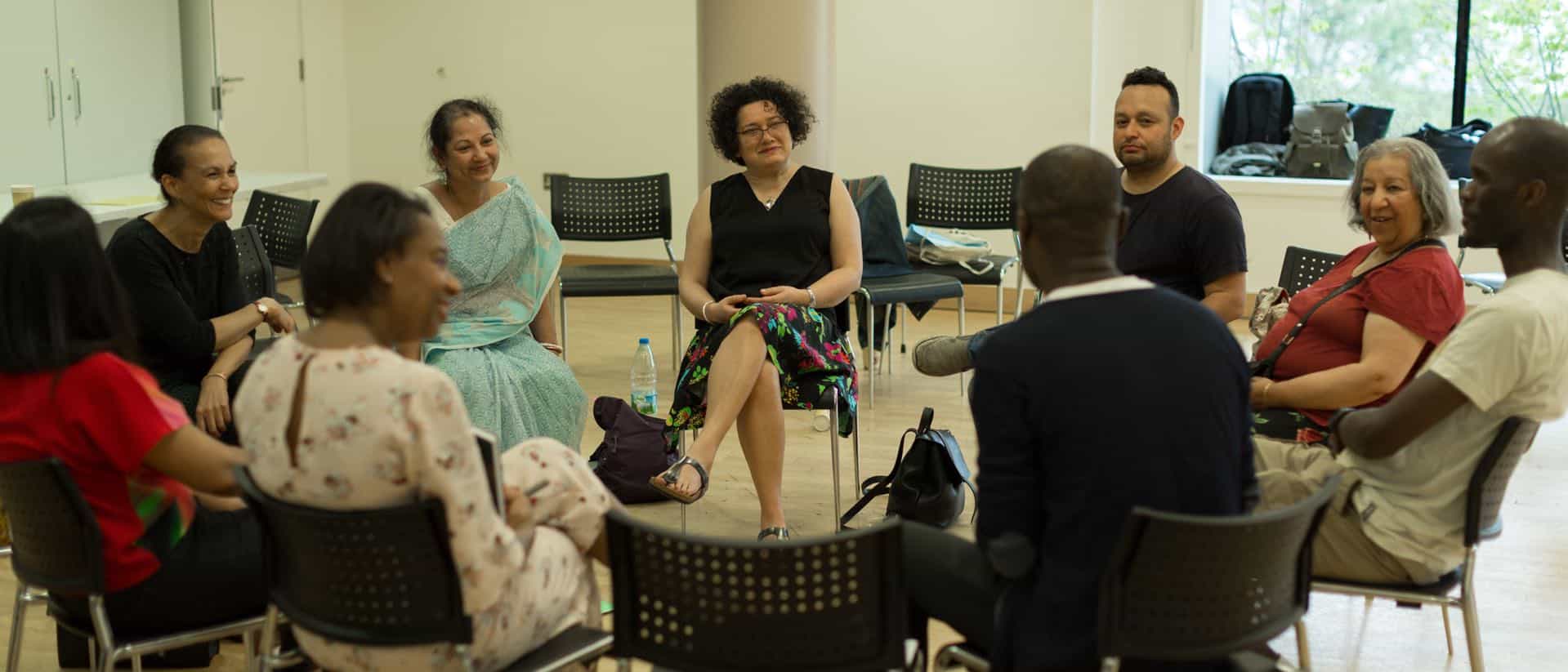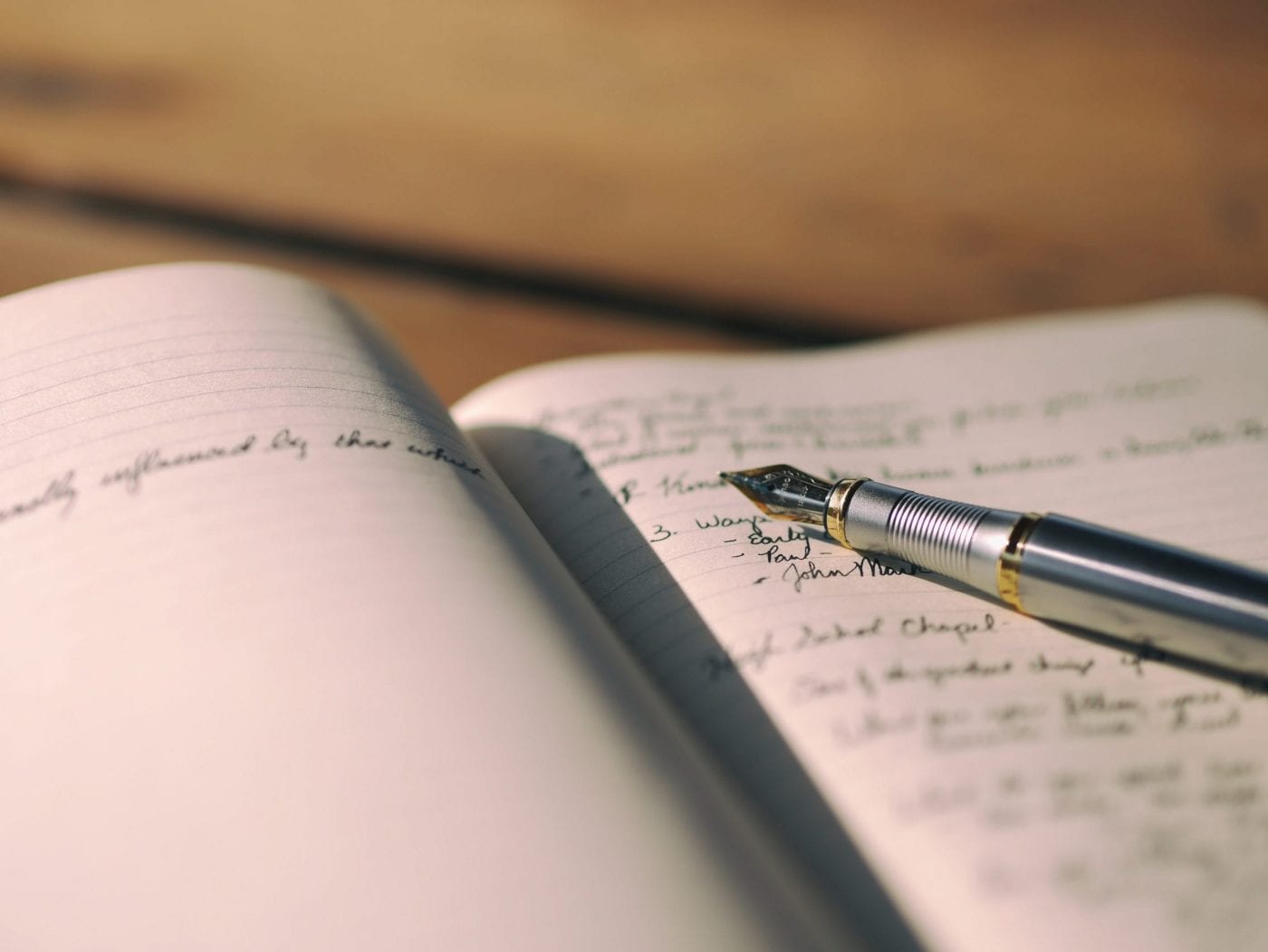Sometimes we are so caught up on ways to de-stress that it in fact, becomes even more stressful. Here are ways to de-stress without getting stressed about it.
The popular catch phrase “the struggle is real” is relatable, because real life, is not a perfect life. Stress is a part of the human experience. If stress becomes chronic, it can cause a variety of mental and physical health problems so read on to learn why it’s important to be real and face our stress instead of denying and/or trying to escape it.
Stress impacts all of us and the numbers are increasing; in 2018 for example, 89% of the population in India, reported suffering from stress. So, what can we do to help manage the inevitable stress that comes along with being human?
Can we make conscious choices that may help us navigate through stressful experiences in a way that doesn’t add extra layers to our stress (a layer can include stress about feeling stress)?
The answer is yes!

Here are some tips on stress management that can help support stress and prevent suppressing it.
Regularly check-in with what’s causing stress:
Create a list of current stressors (focus on the present moment stressors and not things that may cause stress in the future). This practice is helpful to do regularly, because stress is fluid; it works on a continuum which means the same experience that makes us feel joy one day, can and led us to experience stress the next.
For example, prior to the global pandemic, going grocery shopping (for some), was a fun errand on our “to-do” list. Perhaps it was done at a leisurely pace, with opportunity to enjoy all the colors, textures and smells in the fresh fruit/vegetable aisles, etc. However, once the global pandemic hit, grocery shopping shifted from a happy experience to a stressful one for many people; bulk buying and hoarding took over, long lines where everywhere and people may have felt overwhelmed by the new rules (and overheated in their masks).
Now that we have had more time to adjust, the initial stress (and bulk buying) has calmed down but going grocery may still led us to feel stress and it’s helpful to admit that.
A quick, regular check-in can increase awareness on our stressors; it won’t remove them from your life, but it can help you make decisions to better manage them (trying to go during weekdays to avoid weekend crowds and order online whenever possible).

Consider shifting perspectives on stress:
Stress is often seen as the enemy, but is it? According to Psychologist Kelly McGonigal, shifting our perspective on stress being “bad”, can make a huge difference in our lives. McGonigal’s research demonstrates that stress is not harmful unless we believe it’s harmful.
With over 24 million views, Mcgonigal’s TED Talk, How to make stress your friend, remains one of our favorites. It provides clear explanations on how the experience of stress can be helpful to us (for example, stress can protect us from threats in our environment, it leds us to be more social, etc.) We know stress may never become our best friend however, it doesn’t need to be our enemy either. It’s empowering to learn that research demonstrates our beliefs around stress can make a bigger impact in our lives than our stressors.

Spend time “sitting” with stress:
Now that we’ve “made stress our friend,” the next step is to spend time with it (sit with it). Spending some time acknowledging and accepting our reality, without judging ourselves, is a key in stress management.
Being a positive does not mean we will not experience stress. What we do when we operate from a “positive vibes only” mindset, is put pressure on ourselves (and potentially those around us), to live up to an unrealistic persona of being “perfectly positive.” Feeling stress is unavoidable because it may be a result of factors we cannot control. The idea of “sitting with our stress” is to inspire us to bring awareness to our stressors and allow ourselves to gently, go through the process. After acknowledging stress, it’s helpful to bring in a positive, stress response (examples can include deep breathing, journaling, spending time alone, talking to a therapist, etc.)

“Sitting with our stress” and or “holding space” for it, is important in stress management because if we ignore and/or suppress our stress, it can manifest in other ways, including tension in the body. Suppressing our stress can also lead to chronic stress, exhaustion, heightened feelings of despair, worry and/or may even lead to burn-out.
Life is hard; let’s not make it harder by feeling stress about our stress and or trying to escape it.
Let’s be kind to ourselves and trust that we (and those around us) are doing the best we can during challenging circumstances. Remember, talking is proven to be helpful and there’s no shame in seeking support; awareness of our emotions and the courage to be vulnerable are strengths, not weaknesses.
Main Image Photo Credit: www.thehealthsite.com
Rachna Sethi
Author
Rachna (@thesassyspiritual) is a graduate of the Applied Mindfulness Meditation program from the University of Toronto, a certified Educator with two bachelor degrees and a diploma in Art Therapy. She's dedicated to living with a compassionate approach. Committed to helping people integrate Mindfuln...

















































































































